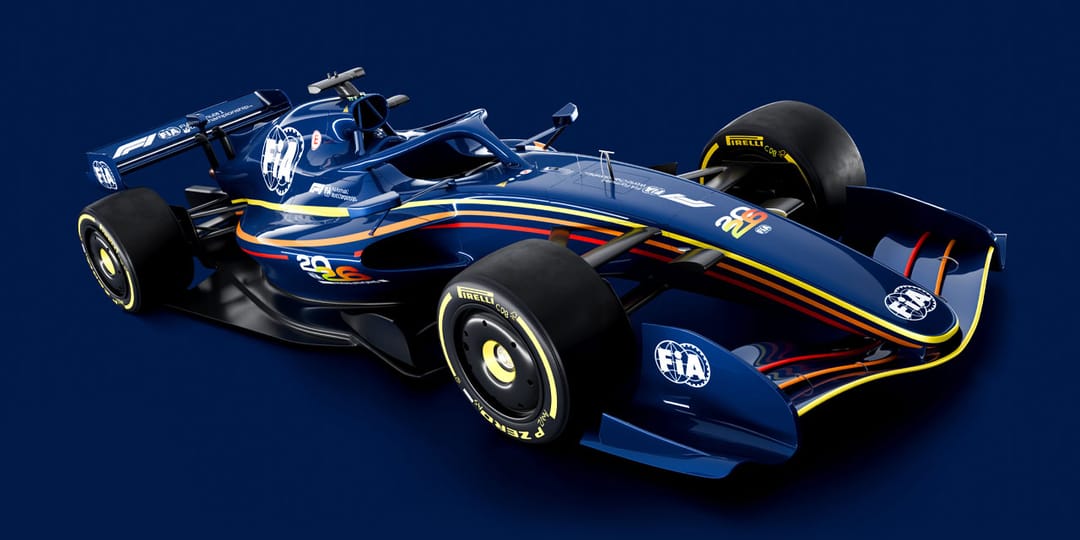
The Fédération Internationale de l’Automobile (FIA) has announced a transformative set of regulations for the 2026 Formula 1 season, designed to bring with it a new era of enhanced raceability, sustainability and safety.
These changes include a significant reduction in car weight by 66 lbs aiming to improve efficiency and handling. The redesigned power units will feature a balanced mix of internal combustion and electric power, with an impressive nearly 300 percent increase in battery power.
One of the standout innovations is the introduction of active aerodynamics to better manage the energy demands of the new power units. Additionally, a new “Manual Override Mode” will be implemented to boost overtaking opportunities, granting trailing cars increased electrical power, which could lead to more dynamic and exciting races.
In a move towards greater sustainability, FIA says that all 2026 cars will run on 100 percent sustainable fuel. This shift underscores F1’s commitment to environmentally responsible racing and aims to set a new standard for the sport. Additionally, enhanced safety measures will be in place, with stronger structures and more rigorous testing to ensure driver protection.
FIA President Mohamed Ben Sulayem emphasized the collaborative effort behind these regulations, developed with input from the FIA Formula 1 Technical Working Groups, Formula 1 teams, OEMs and power unit manufacturers. He expressed confidence that these changes will maintain F1’s relevance and appeal on a global scale.
Formula 1 CEO Stefano Domenicali highlighted the potential of the new hybrid power units to revolutionize the global automotive industry. He pointed out that the sustainable fuel solutions developed for F1 could have a broad application, potentially reducing emissions worldwide.
The 2026 regulations are expected to attract a record number of power unit manufacturers, including Ferrari, Mercedes, Alpine, Honda, Audi and Red Bull Ford Powertrains. The new regulations aim to create cars that are lighter, more powerful and more focused on driver skill, ensuring closer competition and more thrilling races. These new regulations will be officially ratified by the World Motor Sport Council on June 28 and once finalized will go into effect for the 2026 season.









